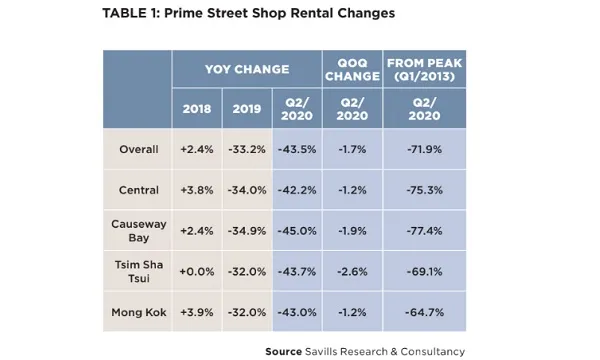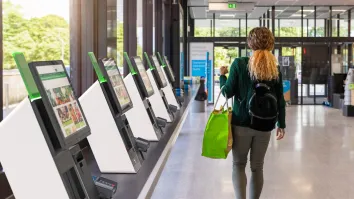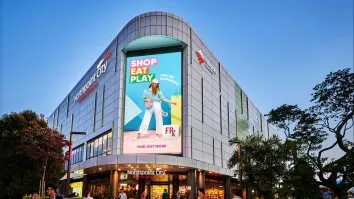
Structural changes underway for Hong Kong's retail sector
Landlords are still reluctant to substantially cut rents.
Some structural changes in demand profile and market fundamentals in Hong Kong’s retail industry are underway and both retailers and landlords need to adapt and constantly reinvent to stay relevant, according to a report from Savills.
Whereas retailers are struggling to maintain profits, many landlords still believe that the current market turmoil is mostly temporary and have been reluctant to offer substantial rent reductions upon renewal.
Meanwhile, more mid-range retailers are joining the luxury brands in offloading unprofitable stores in recent months. Swatch has already quit its store on Queen’s Road Central, whilst Topshop, GAP and Adidas may not renew their leases in Central.
With this, the sector is expected to see a rise in vacancy on both prime streets and in shopping centres during Q3, as retailers continue to face challenges both locally and globally forcing them to rationalise networks which will mean fewer branches and smaller stores.
“Shopping centre landlords meanwhile will need to be more creative in terms of the way they use vacant space. More pop-ups are expected, whilst other cultural and educational uses will help to create a positive and unique shopping experience for consumers,” the report added.
Further, a slower-than-expected recovery in the tourism market meant that a more balanced approach to local consumers and mainland tourists will become necessary moving forward, though their needs are different.
Retail categories such as lifestyle brands, health-related products and affordable family-friendly retailers which appeal to domestic shoppers are beginning to have a stronger presence in the market, the report noted.
For instance, Muji and Lululemon have opened their largest stores in Telford Plaza and Harbour City respectively, whilst Sweaty Betty, a UK women’s activewear brand, is opening its second store in Causeway Bay this month.
“Local consumers are more focused on their 'whole of life' needs, prioritizing health and well-being, caring about their family and community, and valuing the local culture and sustainability,” the report stated.



















 Advertise
Advertise








